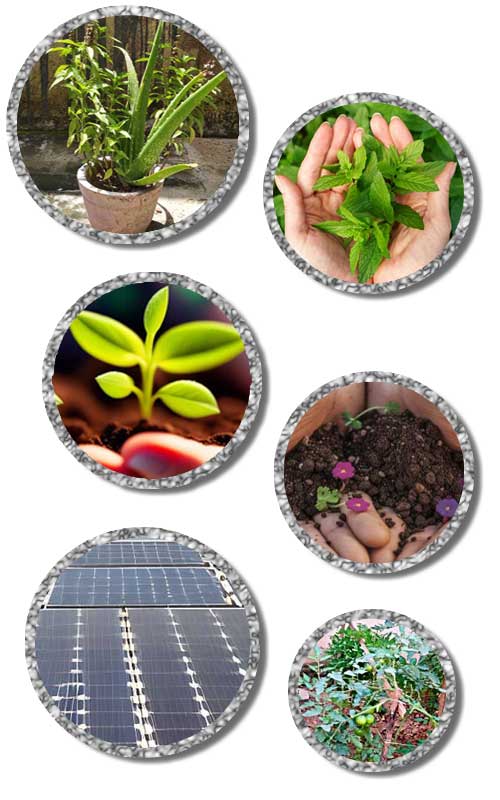Trees, often referred to as the “lungs of the Earth,” are among the most remarkable and indispensable living organisms on our planet. Their significance transcends aesthetics, touching on ecological, environmental, economic, and even psychological dimensions. From providing clean air to fostering biodiversity, trees play a pivotal role in sustaining life as we know it. Let’s delve into the multifaceted reasons why trees are so vital.
1. Oxygen Production and Carbon Sequestration:
At the heart of their importance lies trees’ unique ability to conduct photosynthesis. Through this process, trees absorb carbon dioxide, a greenhouse gas responsible for global warming, and release oxygen into the atmosphere. This oxygen not only supports the respiration of humans and countless other species but also helps maintain the Earth’s climate balance. Furthermore, trees act as carbon sinks, capturing and storing significant amounts of carbon, and mitigating the impacts of climate change.
2. Biodiversity Support:
Forests, the most extensive ecosystems of trees, harbor an astonishing diversity of life forms. Trees provide habitats for countless species, ranging from insects to mammals, fungi, and microorganisms. The intricate web of interactions within these ecosystems supports the delicate balance of nature, fostering biodiversity and ensuring the survival of various plant and animal species.
3. Soil Health and Erosion Prevention:
Tree roots help prevent soil erosion by stabilizing the ground, and anchoring it against the forces of wind and water. They also play a vital role in soil health, promoting nutrient cycling and enhancing soil structure. Fallen leaves and organic matter from trees enrich the soil, providing a fertile environment for plants to thrive.
4. Water Regulation:
Trees contribute to the regulation of water cycles through a process known as transpiration. This is when trees release water vapor from their leaves into the atmosphere, aiding in the formation of clouds and eventually precipitation. Forests, especially those near watersheds, play a crucial role in maintaining steady water flow in rivers, reducing the risk of flooding, and ensuring a reliable water supply for both humans and ecosystems.
5. Air Quality Improvement:
Trees act as natural air filters, absorbing pollutants such as sulfur dioxide, nitrogen oxides, and particulate matter. In urban areas, where air pollution can reach hazardous levels, trees play an essential role in improving air quality and creating healthier environments for residents.
6. Economic Value:
Beyond their ecological benefits, trees also have significant economic value. They contribute to industries such as timber, paper, and pharmaceuticals. Additionally, trees enhance property values, attract tourism, and offer recreational spaces for communities to enjoy.
7. Aesthetic and Psychological Benefits:
The presence of trees has a profound impact on human well-being. Green spaces with trees provide places for relaxation, recreation, and solace, contributing to mental and emotional health. Studies have shown that exposure to nature, including trees, can reduce stress, and anxiety, and even improve cognitive function.
8. Cultural and Spiritual Significance:
Trees have deep cultural and spiritual significance in many societies around the world. They have been revered as symbols of growth, renewal, and connection to the natural world. Trees often play integral roles in religious and mythological narratives, reflecting the intrinsic bond between humans and the environment.
In conclusion, the importance of trees extends far beyond their aesthetic appeal. They are the unsung heroes of our planet, working tirelessly to support life in all its forms. From regulating the climate to fostering biodiversity, purifying the air, and enhancing human well-being, trees are integral to the delicate balance of our world. Recognizing their significance and taking measures to conserve and plant trees is not just a choice but a responsibility for the betterment of our planet and future generations.








